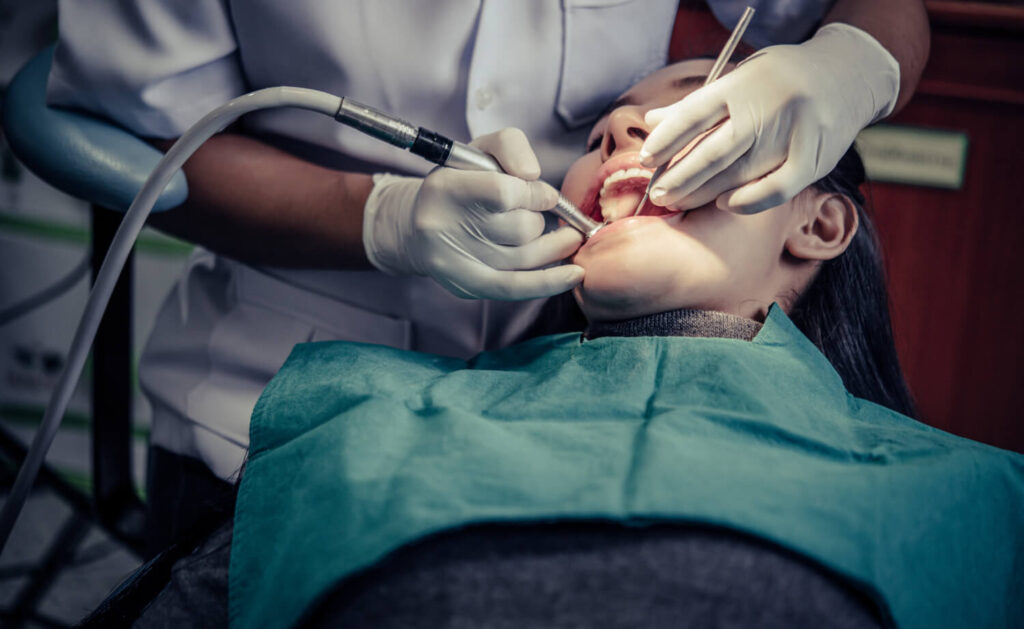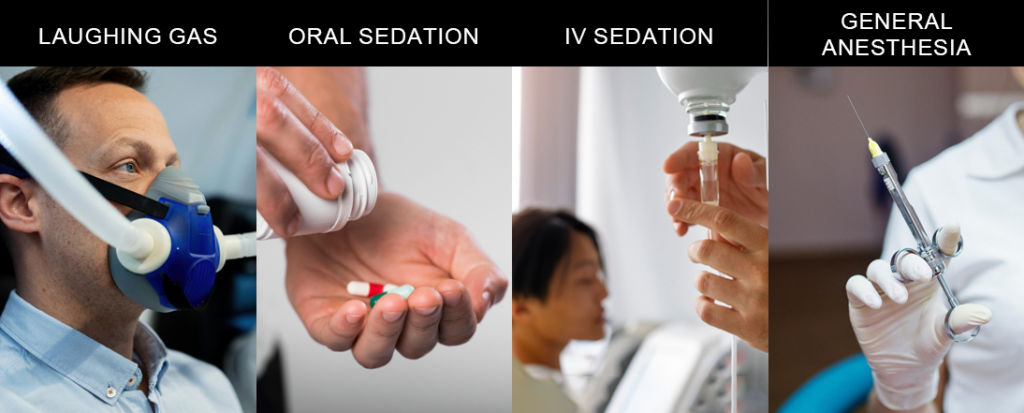Dental phobia, also known as odontophobia, is a common issue that affects a significant portion of the population. For some individuals, the mere thought of visiting a dentist can trigger intense anxiety and fear. In this article, we will delve into the various reasons behind this fear and provide insights into how individuals can overcome it, ensuring they receive the essential dental care necessary for maintaining a healthy smile.
The Origins of Dental Phobia
Dental phobia is not a uniform condition, and its origins can be attributed to various factors. Recognizing these underlying causes is essential for effectively addressing this issue. Here are some common explanations for why people fear visiting the dentist:
1. Past Traumatic Experiences
An example of a direct cause of dental phobia is past traumatic experiences in the dentist’s chair. Painful procedures or unsympathetic dental care providers can leave a lasting impression, leading to a fear of future visits.
2. Fear of Pain
Many individuals associate dental visits with pain, and the fear of experiencing pain during a procedure can be paralyzing. This fear is often a significant source of fear during dental treatment.

3. Loss of Control
For anxious patients, the feeling of helplessness and a lack of control during dental procedures can trigger anxiety. Dental fear and anxiety are closely related but not the same.
4. Embarrassment
Why am I embarrassed to go to the dentist? Dental phobia can also be rooted in embarrassment about the condition of one’s teeth or mouth. People may fear judgment from dental professionals, leading to avoidance of dental visits.

Consequences of Avoiding Dental Care
Avoiding dental care due to fear can have severe consequences for one’s oral health. Untreated dental issues can worsen over time, leading to more extensive and costly treatments down the road. It’s essential to address dental phobia to maintain good oral hygiene and prevent potential health problems.
Overcoming Dental Phobia
While dental phobia can be challenging to overcome, it is not insurmountable. Here are some strategies to help individuals manage and conquer their fear of the dentist:
1. Communicate with Your Dentist
Open and honest communication with your dentist is crucial. Share your fears and concerns, allowing your dentist to tailor their approach to make you feel more comfortable. Dentists who deal with phobia can provide specialized care.
2. Choose a Supportive Dentist
Selecting a dentist known for their compassion and empathy can make a significant difference. Research and read reviews to find a dental care provider who prioritizes patient comfort and understands fear of dentist bad teeth.
3. Gradual Exposure
Consider starting with less intimidating dental procedures, such as routine check-ups and cleanings, to ease into the dental experience gradually.

4. Relaxation Techniques
How can I help a patient with dental anxiety? Practice relaxation techniques like deep breathing or meditation before and during dental appointments to reduce anxiety. This can be particularly helpful for those who fear dental injections.
5. Sedation Dentistry
For individuals with severe dental fear, sedation dentistry can be an option. It involves the use of medication to help patients relax during procedures.
Dental phobia is a common issue that affects many individuals, but it should not prevent anyone from receiving essential dental care. Understanding the factors associated with dental fear and employing strategies to overcome it can help individuals maintain their oral health and enjoy a beautiful smile for years to come.




